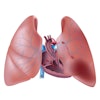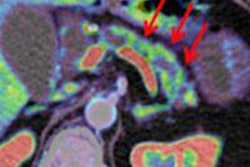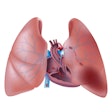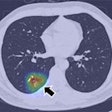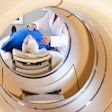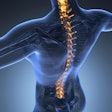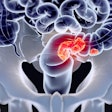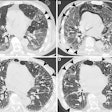Dear AuntMinnie Member,
SAN FRANCISCO - Is the landmark California law that requires imaging facilities to report radiation dose really working? It might be, but not in the way the bill's authors had intended.
That's the conclusion from speakers at this week's International Symposium on Multidetector-Row CT (MDCT), who discussed the law in a Monday session. They concluded that while the law does a poor job of addressing the issue of radiation overdose incidents, it has succeeded in dramatically boosting awareness of radiation among both radiologists and referring physicians. Learn more by clicking here.
In other news from MDCT 2014, it's probably time to set up a CT lung cancer screening program (regardless of what happens with Medicare reimbursement), according to Dr. Jared Christensen from Duke University Medical Center. He believes that enough pieces are falling into place to make such programs an important service for imaging facilities to offer. Find out how to go about it by clicking here.
Visit our CT Digital Community at ct.auntminnie.com for more news from this week's meeting, including this article on the status of a high-resolution breast CT scanner being developed in Germany, and this story on CT perfusion imaging of the pancreas.
You only have a few hours left today to view our live stream of the MDCT 2014 proceedings, so visit isct.auntminnie.com to catch this afternoon's talks.
More news from SNMMI
As MDCT 2014 winds down, the curtain has already fallen on the other medical imaging meeting taking place this week, the Society of Nuclear Medicine and Molecular Imaging (SNMMI) conference in St. Louis.
In our coverage of SNMMI 2014, check out this article on how researchers from Boston Children's Hospital found that certain characteristics of PET and MRI scans could predict outcomes in pediatric patients with brain tumors.
Visit our Molecular Imaging Digital Community at molecular.auntminnie.com for complete coverage of SNMMI 2014.
